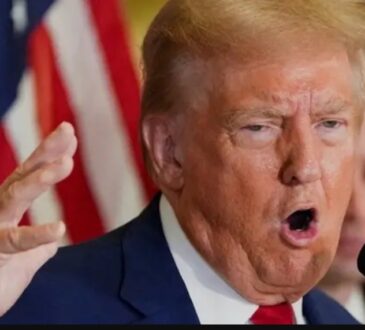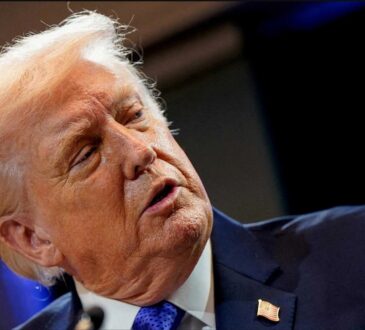
President Trump is starting to lose support from independent voters, who don’t belong to either political party. His approval rating among this group has dropped to its lowest point since the start of his second term. More than 60% of independents now say they disapprove of the job he’s doing. This is part of a larger trend—his overall popularity has been falling throughout the month of June.
Experts think this drop is mostly because independents are unhappy with how Trump is handling the economy. For Democrats, this could be a chance to win back some of the voters they lost, especially as they prepare for the 2026 elections and beyond.
A data analyst from Decision Desk HQ, Scott Tranter, pointed out that while Trump is still strongly supported by Republican voters and still disliked by most Democrats, independents are the ones whose opinions are changing—and that’s where the movement is happening.
One of the reasons Trump won the 2024 election was because he improved his standing with independents compared to the 2020 race. According to a recent report from Pew Research, even though Trump and Vice President Kamala Harris were tied among independents, that was still a 9-point improvement for Trump from four years earlier.
Trump’s approval among Republicans and Democrats hasn’t changed much—he’s still popular with most Republicans and deeply unpopular with most Democrats. But independents have been more unpredictable. Their opinions of him shift more often.
Tranter said that even though the change among independents is noticeable, it’s still not massive. And because independents make up a smaller portion of voters, it takes a big shift in that group to really affect election results.
He also explained that Trump had the advantage with independents in key states during the 2024 election. But whether or not that continues might not matter as much to Trump himself—it’s the rest of the Republican Party, especially congressional candidates, who are more affected by these trends going into the 2026 midterms.
Recent polling from places like YouGov, The Economist, and Quinnipiac University shows Trump doing poorly with independents—more than 30 percentage points underwater in some cases. Even Emerson College, which had better numbers for him, still showed him 12 points behind in that group.
One poll by a group that studies independent voters found that only 37% of registered voters approve of Trump’s job performance. Many people who supported him because of economic concerns are now feeling let down. They say he hasn’t made enough progress on major issues like inflation, government spending, and political division.
Lura Forcum, the president of that research center, said independents supported Trump because they hoped he’d fix the economy. But now, many are disappointed. While the stock market has done well, with the S\&P 500 recently hitting a record high, other signs—like rising inflation and a shrinking economy in early 2025—suggest things aren’t going as smoothly as they’d like.
Forcum also pointed to a recent primary election in New York City, where a more progressive candidate won, as a sign that people want leaders who will actually take steps to improve their financial situations. She said voters are feeling financially stressed, and they don’t really care what party a candidate belongs to—they just want results. If politicians can’t deliver, they’ll likely lose support.
Even though the 2026 elections are still more than a year away, Forcum said Trump still has time to win back independents—but he’ll need to focus on what matters to them.
Republicans also know how important independents are. While some downplay the current numbers, others are concerned. GOP consultant Christopher Nicholas said that even a small dip in Trump’s approval rating could hurt other Republican candidates. For instance, someone running against the Democratic governor of Pennsylvania would have a better shot if Trump’s approval were closer to 48% instead of 42%.
Right now, Trump’s overall approval is around 45.8% based on an average of several polls. Nicholas said while economic news has gotten better—especially with the stock market recovering—time is working against Trump. The longer independents disapprove of his performance, the harder it will be to win them back. He explained that it’s not just about improving your image—you also have to undo the negative opinions people have already formed.
Another Republican strategist, Constantin Querard, said he’s less worried. He thinks the congressional vote matters more right now, and current numbers show an even split between Democrats and Republicans. That’s actually better news for Republicans, since they tend to have an advantage based on how districts are drawn. Democrats would need to be ahead by a few points to have a real shot at taking control of the House in 2026.
Querard also said that in 2024, Trump built a coalition of voters that was larger and more diverse than usual. He did better with independent voters, Black men, and Hispanic men. The question now is whether he can keep that support going.
Political experts agree that dissatisfaction with whoever is in charge is common in today’s political climate. And if Trump’s approval numbers and the congressional vote remain where they are, a lot of voters might just choose not to vote at all in 2026. Querard said that’s still better than if they switched to voting for Democrats, but it’s not great for Republicans either.
Tranter ended by saying that while Trump’s current numbers might look promising for Democrats, they need those numbers to hold steady for another year. Things could change a lot between now and the 2026 elections.




